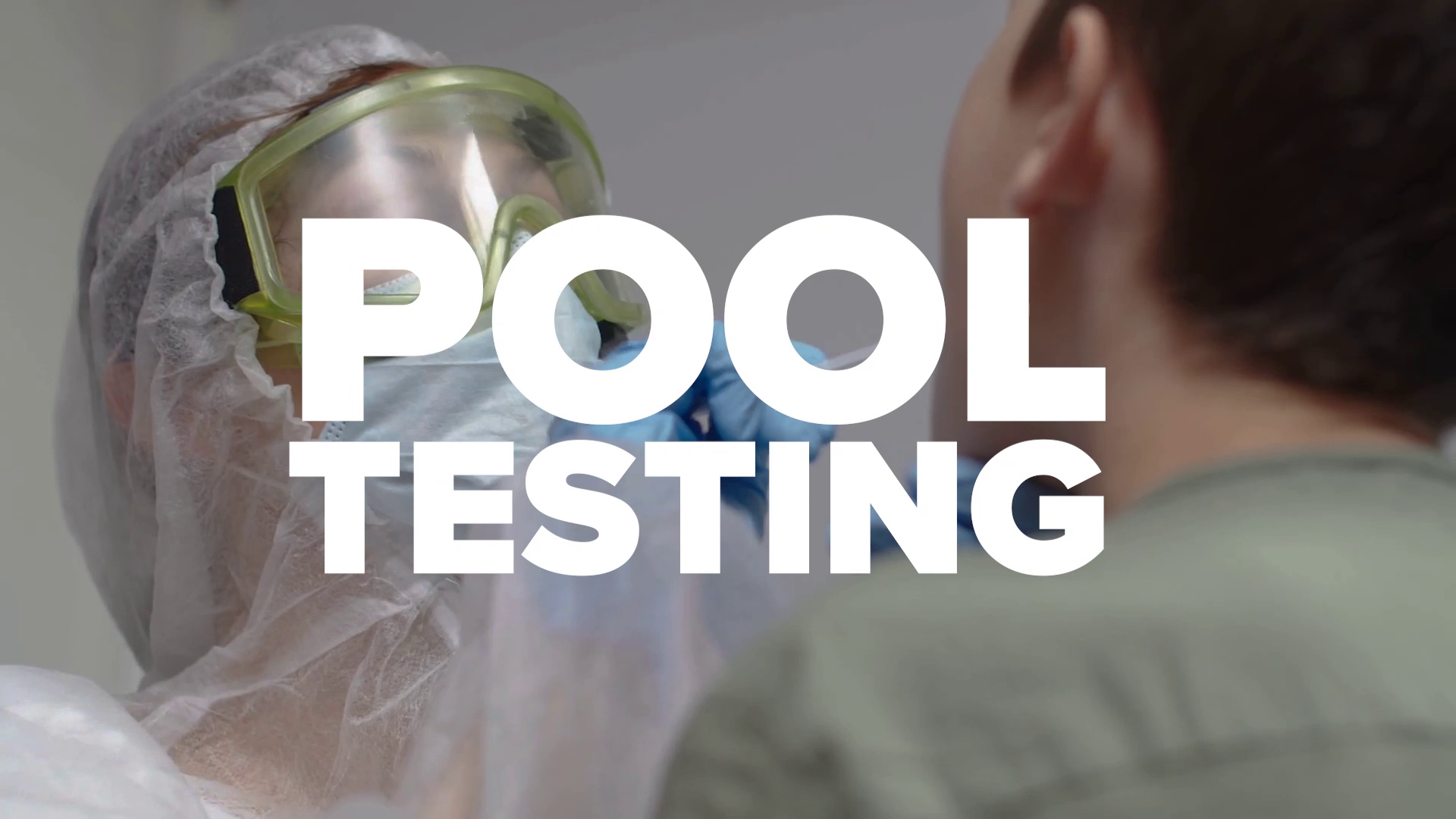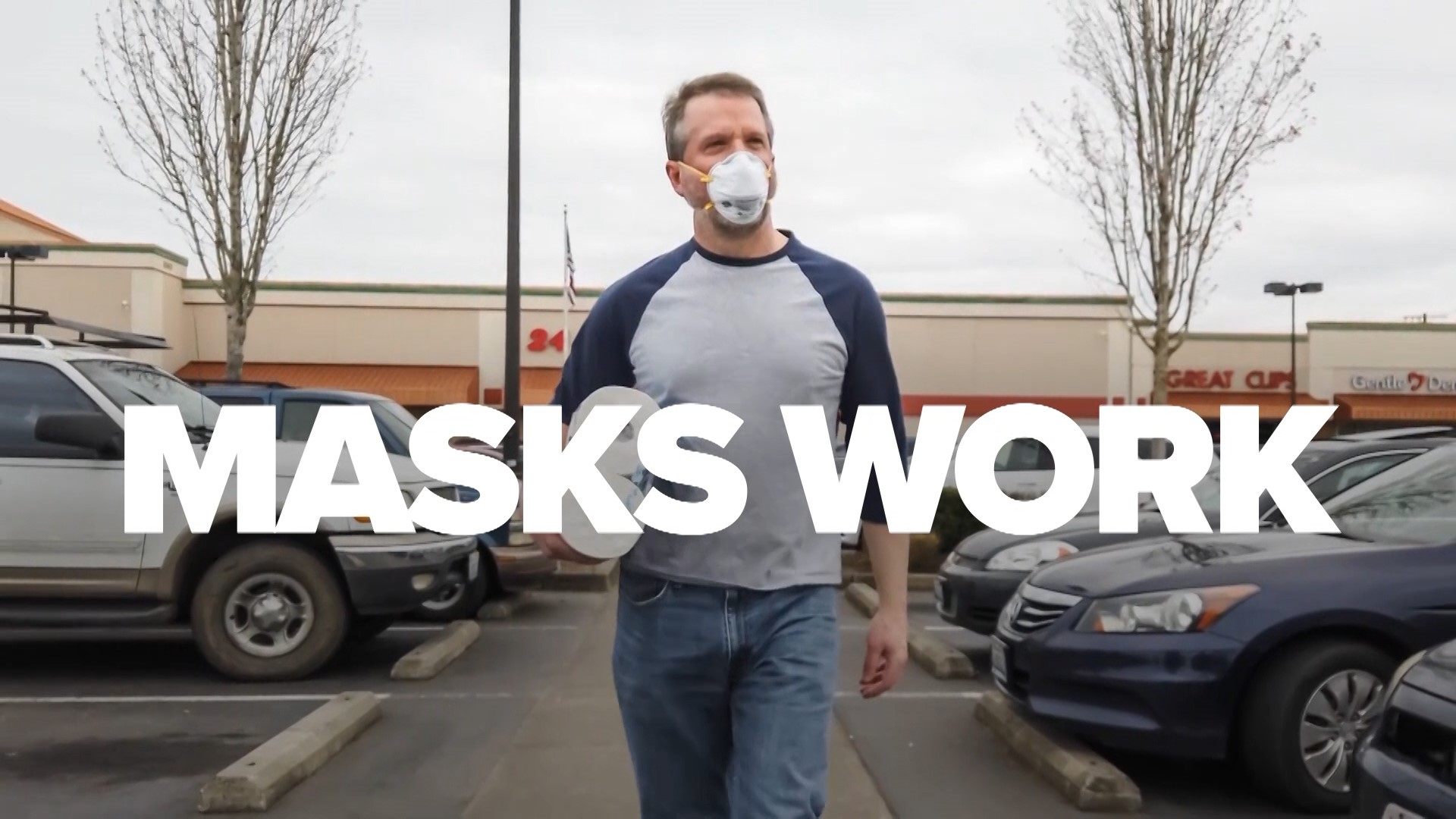WASHINGTON D.C., DC — The CDC has quietly updated COVID-19 testing guidance on its website, now seeming to downplay the importance of testing asymptomatic people exposed to the coronavirus.
Guidance previously on the agency's website until this week recommended tests for "all close contacts" of people who test positive for COVID-19.
The CDC has now revised that guidance online and says that getting tested, even if exposed to the coronavirus, may not always be needed.
Here's what the website said previously: "Testing is recommended for all close contacts of persons with SARS-CoV-2 infection. Because of the potential for asymptomatic and pre-symptomatic transmission, it is important that contacts of individuals with SARS-CoV-2 infection be quickly identified and tested."
On Monday, the agency updated its website which now states close contacts who have been exposed to COVID-19 but are not exhibiting symptoms "do not necessarily need a test."
The guidance does still recommend "vulnerable" close contacts get tested after potential exposure. It also notes people may be asked to get tested by a person's health-care providers, or local or state public health officials.
CDC officials referred all questions to the agency's parent organization, the U.S. Department of Health and Human Services in Washington, D.C. That suggests that HHS ordered the change, not CDC, said Jennifer Nuzzo, a Johns Hopkins University public health researcher.
On Wednesday, HHS officials sent an email saying the guidance was revised “to reflect current evidence and the best public health interventions,” but didn't elaborate on what that new evidence was, the Associated Press reported.
According to HHS officials, the updated guidance came out of meetings with the White House coronavirus task force.
HHS officials offered little explanation, apart from a scheduled briefing on Wednesday to answer questions.
Some experts quickly criticized the change, noting the role that asymptomatic people are believed to play in spreading COVID-19.
"This makes no sense. People without symptoms account for up to 50% of transmission," tweeted Dr. Leana Wen, an emergency room physician and visiting professor at George Washington University. "We need MORE testing, not less," she stressed.
Reports say that health experts across the country are calling the change bizarre, noting that testing for contacts of infected people is core to public health.
In the new guidance, the CDC also refers to asymptomatic individuals as "healthy people." As CNBC points out, that language has often been used in social media posts protesting the use of masks.
The updated CDC guidance does still remind people that those without symptoms are still able to carry and spread the coronavirus. The agency confirms that, yes, it is known that 50% of the virus spread happens before symptoms arise.
The CDC directed TEGNA to HHS for comment.
CNBC reported that Assistant Secretary for Health Adm. Brett Giroir, who leads the Trump administration’s testing effort, told CNBC the guidance was updated "to reflect current evidence and best health practices."
“The updated Guidance places an emphasis on testing individuals with symptomatic illness, those with a significant exposure or for vulnerable populations, including residents and staff in nursing homes or long term care facilities, critical infrastructure workers, healthcare workers and first responders, and those individuals (who may be asymptomatic) when prioritized by public health officials,” he said in a statement to CNBC.
Dr. Tom Frieden, who was head of the CDC during the Obama administration, said the move follows another recent change: to no longer recommend quarantine for travelers coming from areas where infections are more common.
The HHS guidance from an email sent Wednesday does emphasize that people need to follow guidance to mitigate the spread of the coronavirus, such as wearing a mask, staying at least 6 feet apart from others and washing hands, the Associated Press reported.
“Both changes are highly problematic” and need to be better explained, said Frieden, who now is president of Resolve to Save Lives, a nonprofit program that works to prevent epidemics.
Frieden said he, too, believes HHS forced CDC to post the changes. He called it “a sad day” because “CDC is being told what to write on their website."
The Associated Press contributed to this report.


